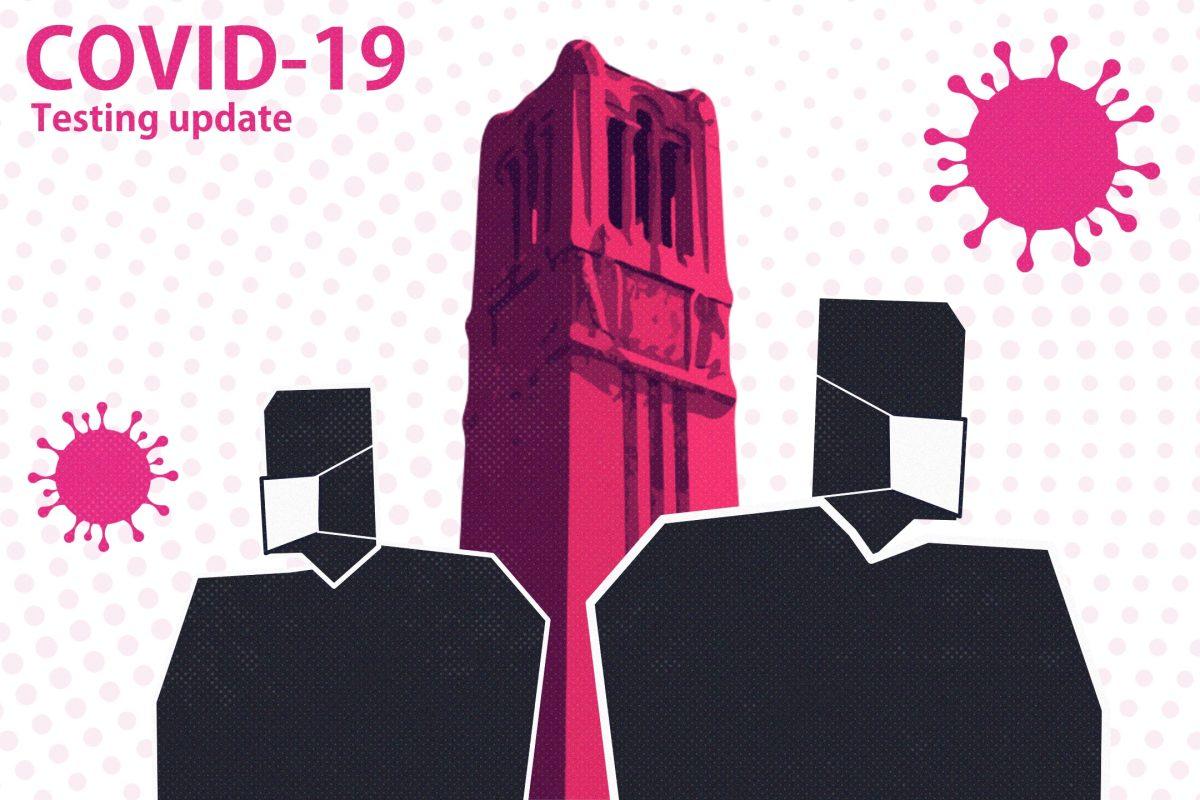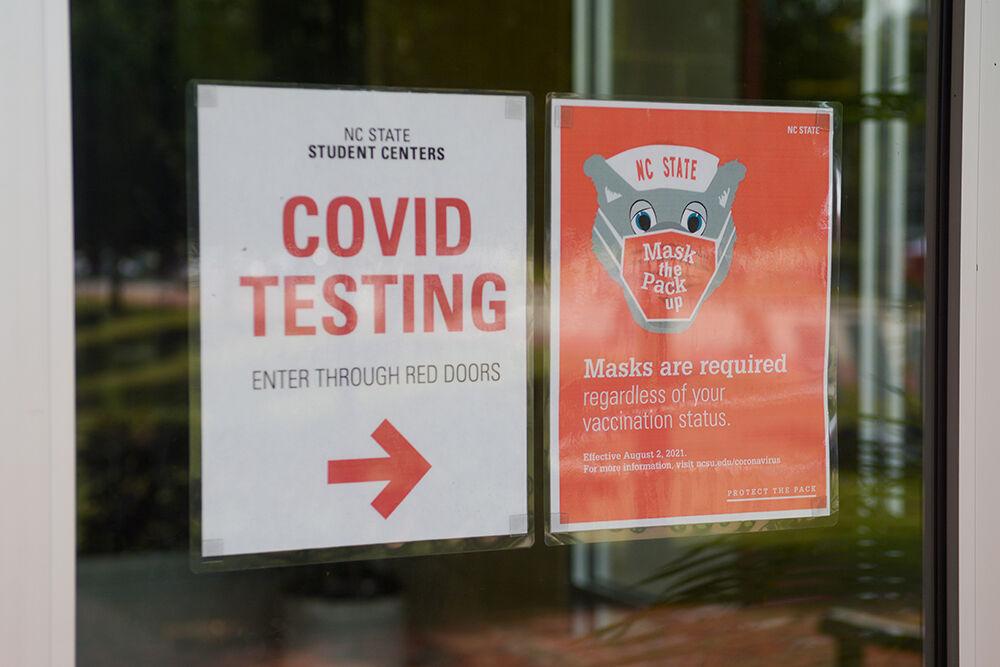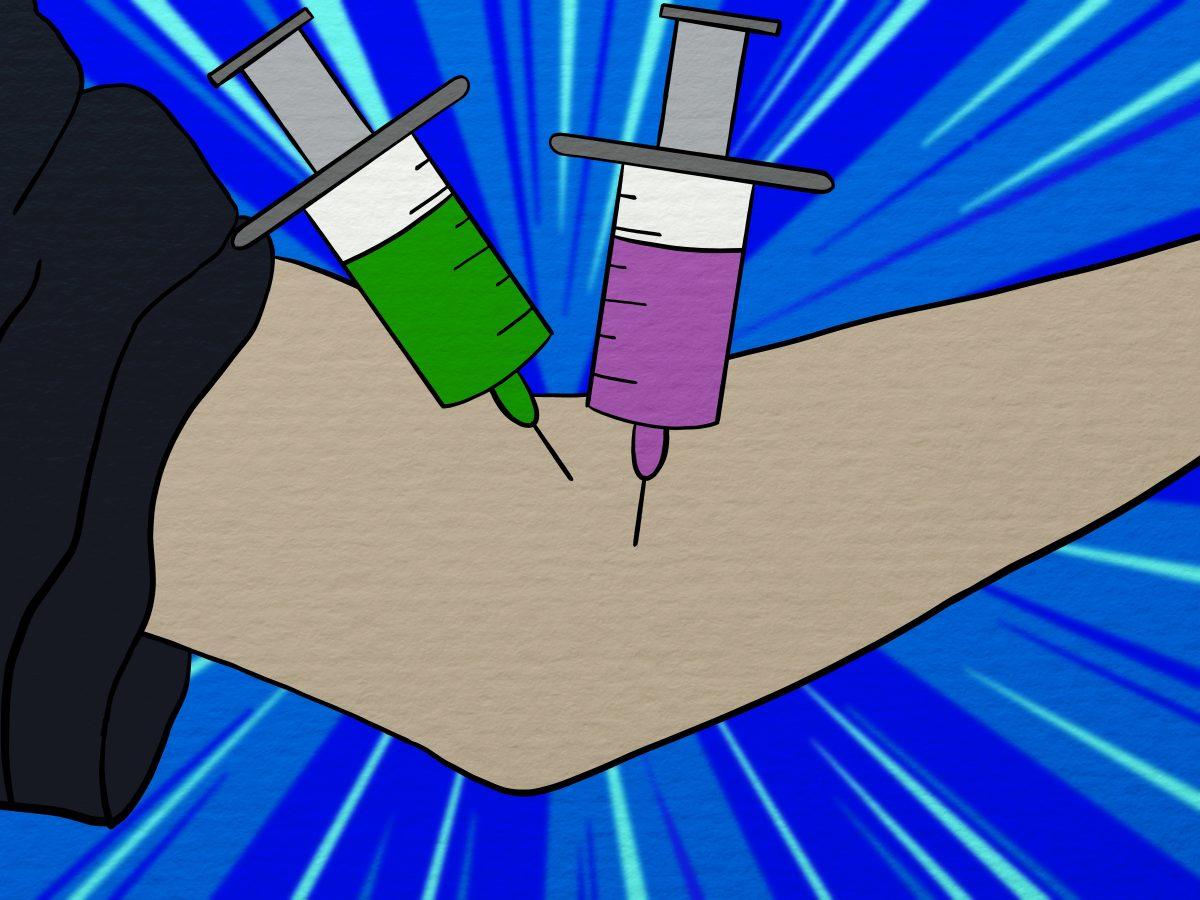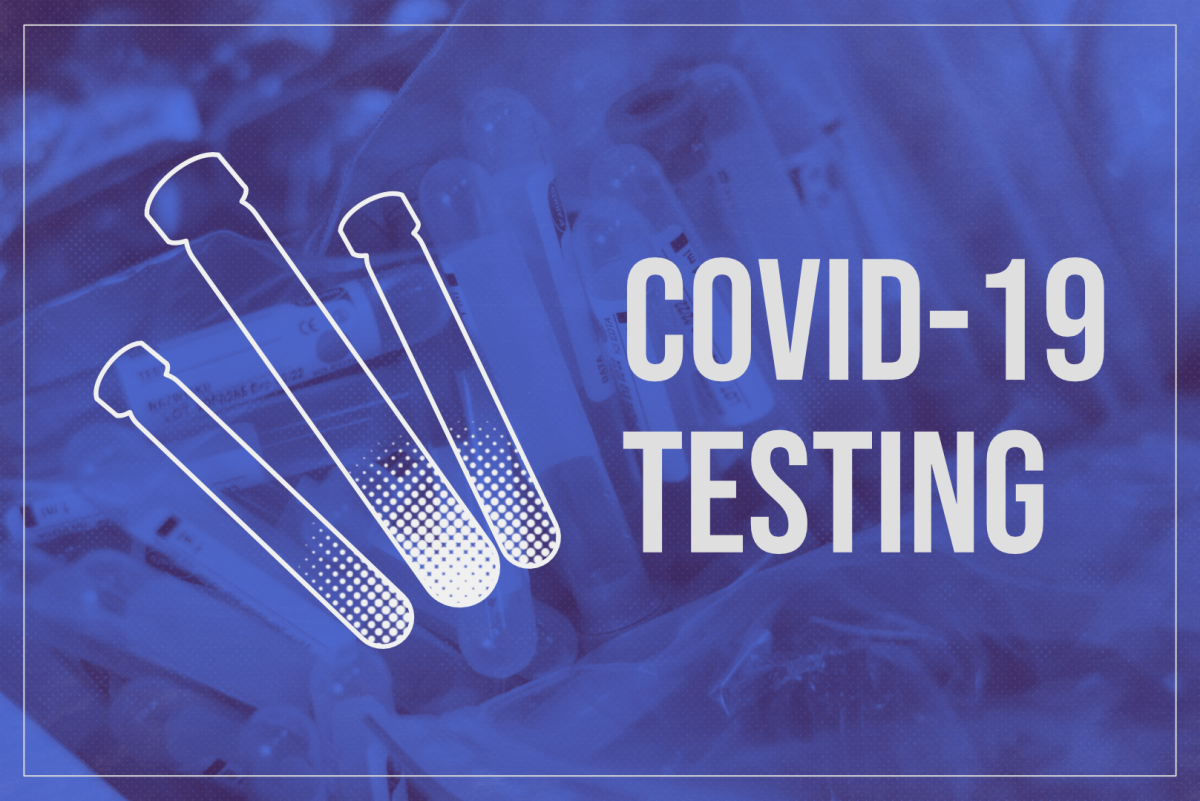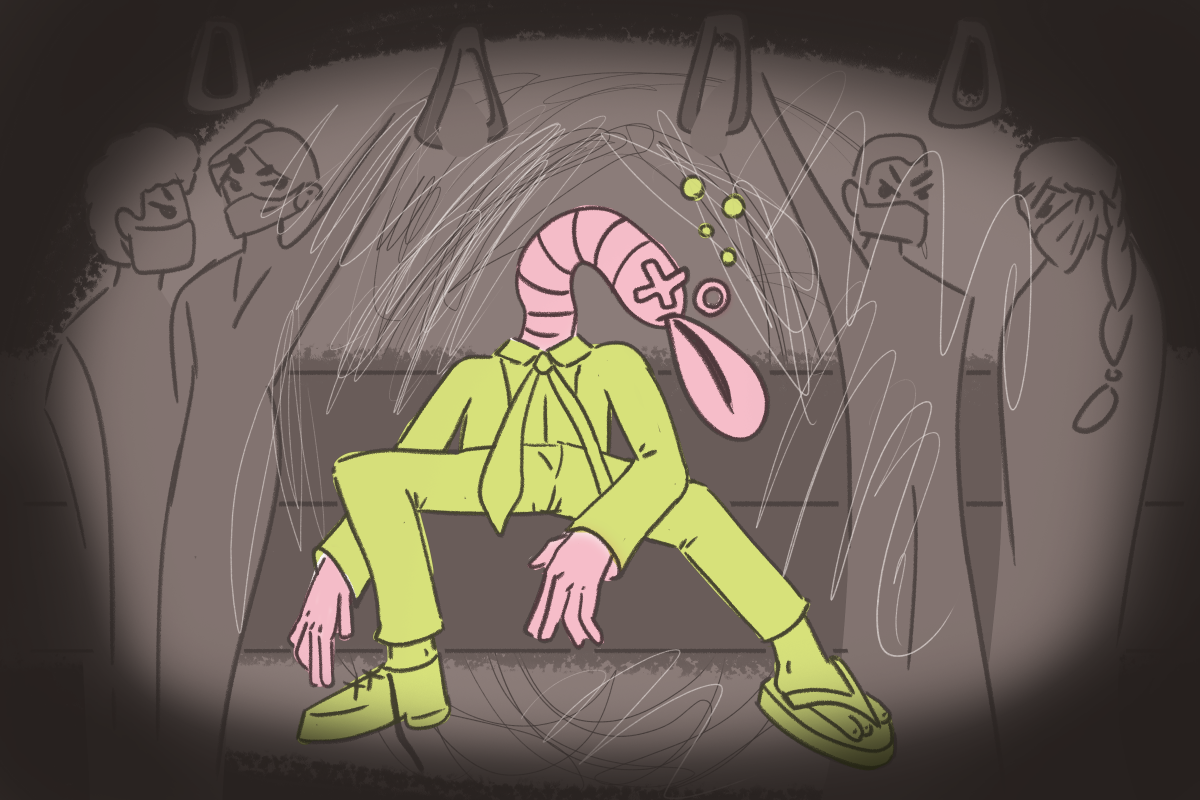As of Sept. 18, NC State’s Student Health Services has begun offering free COVID-19 surveillance testing every other week for asymptomatic individuals in residence halls and Greek Village, according to Julie Casani, director and medical director of Student Health Services.
Casani said the University has pledged to pay for any testing costs not covered by insurance, but the total funds allocated for these costs are unknown.
“Once we had our big explosion of cases, we realized that we really needed to do more surveillance testing on campus,” Casani said. “Also the technology changed, so we’re now able to do nasal swabs as opposed to deep nasal swabs or even pharyngeal swabs. And so, people can self-administer the test, and that has cut down the time for administration of the test to seconds.”
Lisa Dolan, medical laboratory supervisor at Student Health Services, said the nasal swab test provided by Student Health is the most accurate available, but timing of the test is important because patients generally take five to seven days after exposure to become infected and test positive.
“With supply and demand and test availability, we’re only allocated a certain number of test kits,” Dolan said. “I’m not sure how that will be determined, who gets the test here versus who gets sent out to a reference lab…. It’s very encouraging if we can get all the test kits that we need eventually.”
Dolan also said Student Health sends COVID-19 tests to LabCorp for processing and receives results back within two to four days. Student Health has also recently installed an analyzer capable of performing molecular COVID-19 tests on campus with same-day turnaround.
From the start of the fall semester to Sept. 18, 11,000 COVID-19 tests have been administered on campus, according to Casani. She said testing is divided into five cohorts: Student Health patients and the mobile lab (which makes up 19% of testing by the University), cluster health surveillance (34%), the Wolfpack Surveillance Program (9%), athletics health surveillance (37%) and residence hall and Greek Village surveillance (1%).
Casani also said while testing is still offered at Student Health, they are not testing as much as earlier in the semester, especially at surveillance testing sites, including mobile lab and the residence hall surveillance programs. She said this is partly due to students moving off campus, but also because students choose to get tested at locations other than Student Health.
“Students don’t want to come get tested [at Student Health] because they think we’re going to put them in isolation and quarantine,” Casani said. “They think that if they go get tested, like in Walgreens, that we’re not going to know about it, but we are going to know about it, and in fact, the county is going to put you in isolation, and they actually have more muscle than we do.”
Casani said she wishes more students would get tested at Student Health because the University provides resources for students who are moved into isolation and quarantine, such as contact notification and medical support if conditions worsen.
“It can seem like punishment, but it’s really not,” Casani said. “It’s all about the community… It actually makes me sad, and it makes me nervous that students aren’t coming and getting tested at Student Health.”
To learn more about COVID-19 testing and to make an appointment, students can visit the Student Health Services website.


